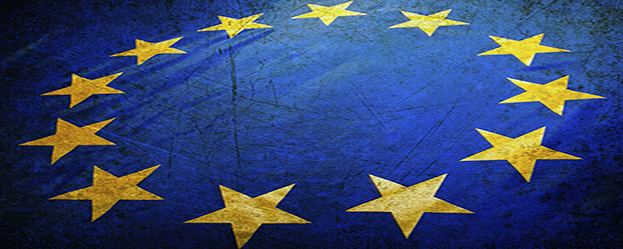This website uses cookies so that we can provide you with the best user experience possible. Cookie information is stored in your browser and performs functions such as recognising you when you return to our website and helping our team to understand which sections of the website you find most interesting and useful.
Business News Digital Labels & Publishers Legal
EU to pressure web giants to do more to tackle piracy on their networks
By Chris Cooke | Published on Monday 18 September 2017

The European Union could put new pressure on search engines and social networks to do more to tackle illegal content online, including that which infringes copyright. This is according to new draft guidelines seen by Reuters last week.
When it comes to copyright matters, firms like Google, Facebook and Twitter are protected by those pesky safe harbours, meaning that they can’t be held liable when their users’ distribute content without licence, providing they have a system in place via which copyright owners can demand that infringing files be removed.
Whereas with user-upload services like YouTube, the music industry has been arguing that safe harbour protection should be withdrawn entirely, for search engines and social networks the music community generally recognises that the safe harbour makes sense.
The music industry would nevertheless like those companies to be more proactive in removing copyright infringing material. And in the UK, under pressure from government, Google and Microsoft have agreed to increase anti-piracy measures on their respective search engines.
The new proposals in Europe would likely seek similar commitments from a wider range of companies, keeping the safe harbour intact, but pressuring web giants to be more proactive in removing infringing material, alongside concurrent efforts to get better at removing hate speech and extremist content.
According to Reuters, the EU’s draft new guidelines state: “Online platforms need to significantly step up their actions [in this area]. They need to be proactive in weeding out illegal content, put effective notice-and-action procedures in place, and establish well-functioning interfaces with third parties – such as ‘trusted flaggers’ – and give a particular priority to notifications from national law enforcement authorities”.
The guidelines – which include measures already employed by some web firms, Google in particular – should be published later this month. They will initially be non-binding, though with the threat of new laws being proposed in this domain in the future if the web giants don’t voluntarily move to tackle illegal activity on their networks.
Any such new laws, of course, will raise the usual free speech concerns, though arguably it is measures against alleged hate speech and extremist content that pose more challenges when it comes to protecting the right to freedom of expression.





